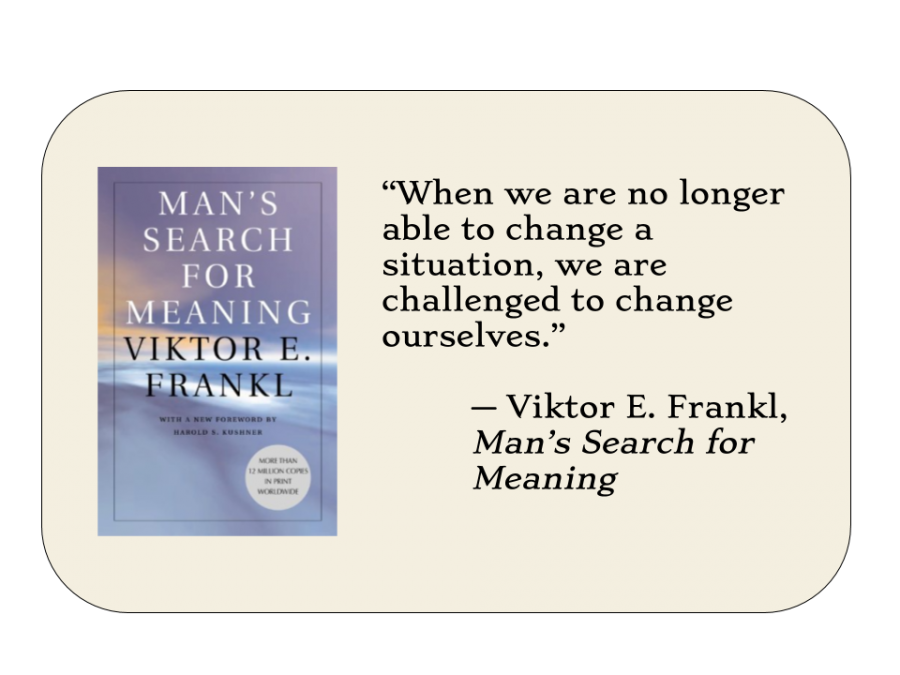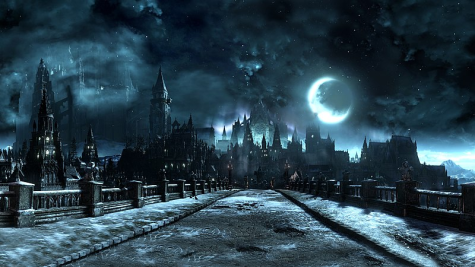Wit, Mindset, and Hope Are the Secrets to Perseverance
OPINION
Life is hard. It always has been, and it always will be. Nothing in life worth doing is easy. Yet we, as humans, as a collective species, continue to thrive and innovate, shaping this world into an image of ourselves.
But what if everything you’ve worked for, everything you’ve tried for in your short life was suddenly stripped from you: your home, your family, even the clothes on your back . . . and there was nothing you could do or say about it?
That’s what more than six million Jewish men, women, and children endured during the Holocaust, which is possibly the worst thing that has ever happened in the world. Ever.
For Jewish psychologist and Holocaust survivor Viktor E. Frankl, it was a horrific experience that’s sickening to even read about.
In his book Man’s Search For Meaning, first published in 1946 and translated into English in 1959, Frankl recounts some of the horrors he endured during his stay at the most notorious, vile facility ever built: Auschwitz Concentration Camp, where the mantra “work will set you free” was emblazoned upon the prison gates.
Frankl was one of the lucky men sent to the right upon his arrival; those sent to the left were gassed.
In the camps, where a man received one flavorless, watery bowl of soup a day, Frankl studied his life and the lives of fellow inmates, interpreting the despicable experience as a psychologist. Instead of asking “why me?” or “what’s the point?” Frankl wonders how he can keep himself alive using only his wit and mindset in the deadliest, most unforgiving place on Earth.
Frankl studies death in the camp. He sees that his fellow prisoners perish not from illness or a beating, but only when they lost hope. When a man refused to work in Auschwitz, choosing to lay in the small, frigid shelters, he would be dead by the next day. It wasn’t the guards that killed him, Frankl remembers, it was the lack of motivation to suffer. Those who survived were those who had given a meaning to their existence. “He who knows the ‘why’ for his existence will be able to bear almost any ‘how.’”
Frankl’s account is an invigorating study on the nature of the guards, the mentality of the inmates, the relentlessness of the environment, and the inhumanity of man.
Anyone pondering their own life should read this book. We fight our own struggles every day. They may be subtle or they may seem futile, especially when compared with Frankl’s struggle. But that simply isn’t true. Our brains are built to overcome and adapt. They’re made to find a way out of a sticky situation. No matter how awful it seems, each and every one of our lives has a purpose. Man’s Search For Meaning can help you understand that.










